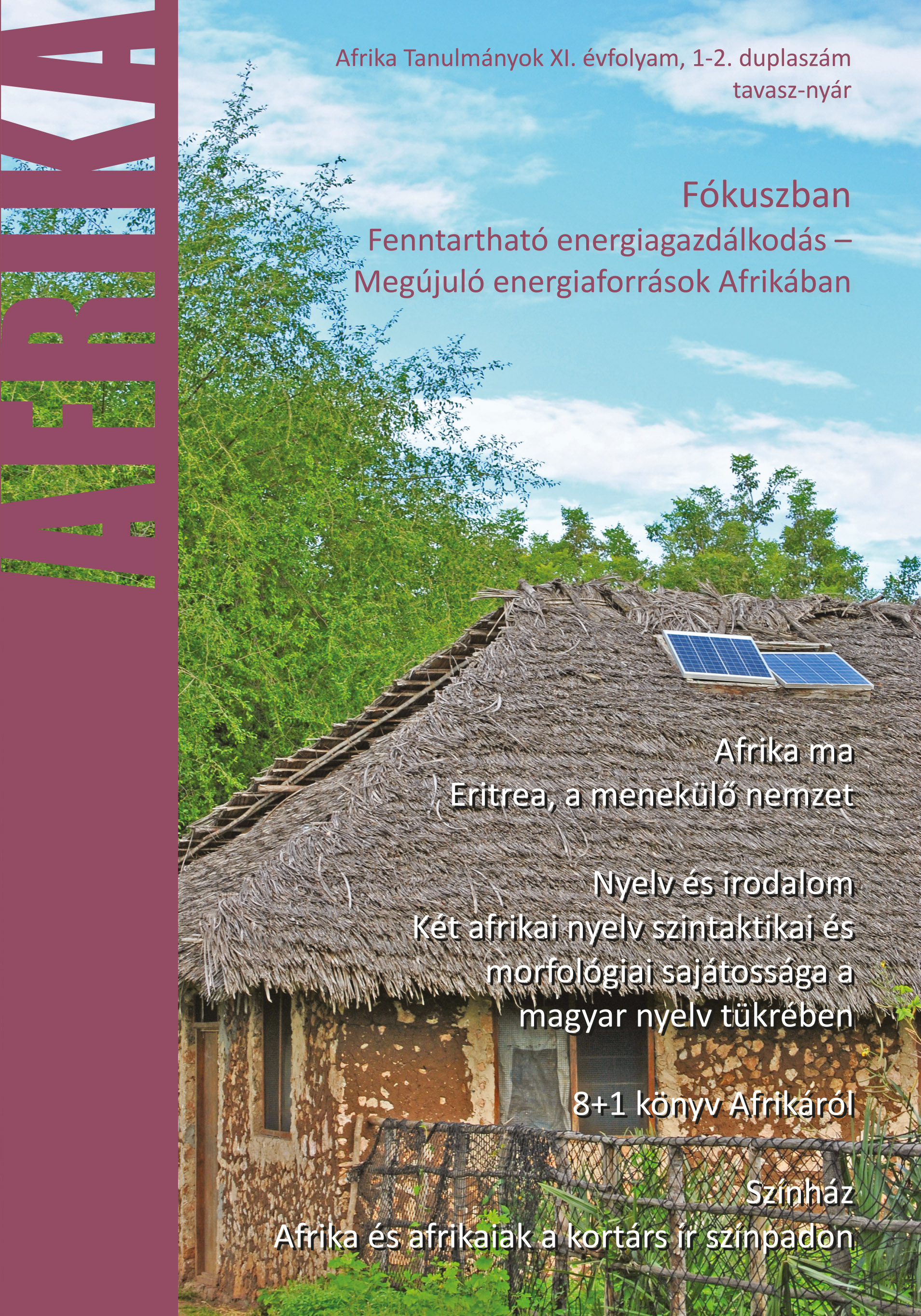Sustainable energy management
Renewable energy sources in Africa
Keywords:
Sustainable development, Energy security, Environmental protection, Energy infrastructureAbstract
In 1969 the United Nations suggested that it is important to deal with the global problems of the Earth. The Declaration of the World Academy of Sciences emphasizes two factors of sustainability, the conservation of environment and natural resources. Currently, fossil fuels – such as oil, natural gas, and coal – satisfy 80 percent of the world’s energy demand. In Africa the use of fossil fuels shows a growing trend, but many initiatives of the use of alternative energy sources have already been made by African regional integrations. Africa is endowed with abundant renewable energy sources – solar power, hydropower, geothermal power, wind power and biofuels – moreover, in 2014 Burundi and Kenya dominated the investment in renewable power and fuels per unit GDP. This article is focusing on the use of renewable resources in Africa. African countries adopted the Programme for Infrastructure Development in Africa (PIDA), which includes the North–South electricity transmission corridor from Egypt to South Africa. The Nile Basin Initiative (NBI) played an important role in increasing national energy security. In addition, the ECOWAS adopted Renewable Energy Policy, which aims to increase the share of renewable energy. Nevertheless, deeper cooperation between the African countries and more financial resources are needed to achieve goals.
Downloads
Published
How to Cite
Issue
Section
License

This work is licensed under a Creative Commons Attribution-NonCommercial-NoDerivatives 4.0 International License.
















